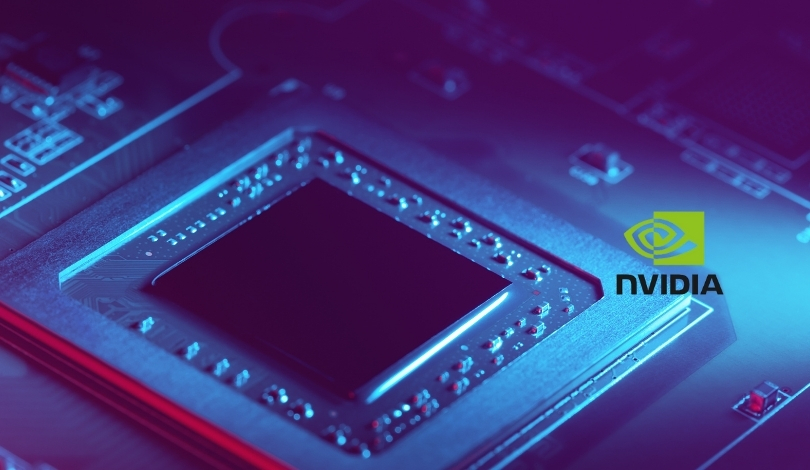Competition in the portable gaming sector intensifies as established hardware manufacturers explore new areas for growth. The potential involvement of Nvidia, a dominant name in graphics processing, is raising questions about shifts in current market dynamics. The move comes as portable gaming devices gain momentum worldwide, influencing development strategies for key industry players. Rumors regarding Nvidia’s possible strategy indicate more choices for consumers and a possible restructuring of hardware partnerships in the gaming community. Players seeking better graphics and battery life in handheld consoles may soon see new developments whip through the market.
Nvidia’s relationship with portable gaming devices was last publicly highlighted through collaborative projects such as the Nvidia Shield and early Nintendo Switch models, which utilized the Tegra X1 SoC. Previously, Nvidia faced competition from Broadcom, Qualcomm, and MediaTek, with the Tegra line experiencing limited success beyond some key partnerships. Recent developments in the hardware market reveal heightened interest in dedicated SoCs made specifically for gaming, contrasting with the reliance on multi-purpose mobile processors observed before. Unlike initial expectations that Nvidia would prioritize mainstream handheld consoles, current reports suggest a more direct strategy aimed at portable gaming brands.
Why Is Nvidia Targeting Portable Gaming SoCs Now?
Reports claim a renewed Nvidia focus on gaming-centric SoCs for portable devices stems from increased demand for advanced graphics capabilities and efficient energy use in handheld consoles. Industry insiders point to discussions within Nvidia regarding new chipsets, designed to attract manufacturers developing the next generation of handheld gaming devices. These steps correspond to the expansion of portable platforms, which now command growing attention from gamers and developers looking for performance improvements.
Which Devices Could Benefit from Nvidia’s Entry?
Leading portable gaming systems such as Valve’s Steam Deck, ASUS ROG Ally, and Lenovo Legion Go presently rely on AMD and Qualcomm solutions to power their devices. If Nvidia proceeds with a purpose-built SoC, brands manufacturing high-performance handhelds could gain access to a broader range of hardware designs. Enhanced GPU integration and potential support for NVIDIA RTX technologies may create differentiated features not currently available on competing platforms.
How Is Industry Reacting to Nvidia’s Rumored Plans?
Industry observers and analysts note that Nvidia’s possible re-entry into the mobile SoC segment could increase competition for AMD and Qualcomm, encouraging hardware diversification and price movement. Conversations within online communities reflect both anticipation and skepticism regarding software adaptation and supply chain management.
“Nvidia has an established history of delivering high-powered graphics, and a dedicated gaming SoC would add a new dimension to portable platforms,”
commented one hardware analyst, summarizing prevailing sentiment. Such speculation also prompts questions about long-term support and compatibility with popular gaming ecosystems.
Nvidia’s established expertise in graphics hardware and prior involvement in handheld gaming devices provide it with a unique perspective for developing market-specific SoCs. While earlier ventures like the Shield managed to highlight Nvidia’s technical ability, shifting consumer preferences and the expanded competitive landscape pose new challenges. Any official move from Nvidia could encourage existing manufacturers to refine their devices, aiming for improved efficiency and innovative features to set products apart. Those considering upcoming handheld gaming consoles may benefit from monitoring announcements and reviews for insights into performance, ecosystem compatibility, and developer support. For gamers and manufacturers alike, being aware of Nvidia’s plans could impact decision-making, especially as device longevity and support matter increasingly in this fast-evolving sector.
- Nvidia is rumored to develop a portable gaming SoC soon.
- New chipsets may reshape hardware options for handheld gaming devices.
- Manufacturers and consumers should watch for Nvidia’s official announcements.










